ARE GLASSES RIGHT FOR YOU?
CHOOSING THE RIGHT GLASSES
In addition to finding the perfect frames for your style, new technology in lens designs, materials, and coatings means there are many options to consider when choosing the right lens for your budget and lifestyle. Our certified opticians can guide you through a wide variety of choices, styles, and lens options.
LENS OPTIONS AVAILABLE AT FULL CIRCLE:
Anti-Reflective Coating
Scratch Resistant Coating
Progressive Lenses
Office/Computer Lenses
High-Index Lenses
UV Blocking
Impact-Resistant Lenses
LOOKING FOR FRAME OPTIONS? SEE OUR BRANDS
CONSIDERING CONTACTS?
FINDING THE BEST
CONTACTS FOR YOU
Whether it’s for cosmetic, functional, or health reasons, we’ll make sure to find the perfect contact lenses for you.
WHY CHOOSE CONTACTS?
WHY CHOOSE CONTACTS?
FAQ
COMMON QUESTIONS
ABOUT CONTACTS
How old does my child have to be to wear contacts?
The two most important things in fitting children are responsibility and motivation. They must be able to show enough responsibility to take care of their contact lenses, and they must be motivated to wear them. Without motivation, they will not go through the trials of insertion and removal training. On average, we’ve found this seems to be around 12 years old.
Can I wear contacts even though I need bifocals or reading glasses?
Yes! Two different options can help correct your vision if you need bifocals or reading glasses. The first is with a “multifocal” contact lens. Multifocal contact lenses are designed to give each eye vision both in the distance and up close. The second option is “monovision.” This is when the dominant eye is focused on the distance, and the non-dominant eye is focused on reading. Depending on your prescription, one or both of these options might be a good choice.
What eye conditions can be corrected by contact lenses?
The following conditions can be corrected with contact lens wear:
- Hyperopia (Farsightedness)
- Myopia (Nearsightedness)
- Astigmatism
- Presbyopia (Near sight prescription differs from distance prescription)
- Keratoconus
- Aniseikonia
What’s the difference between daily vs. extended wear contacts?
Daily wear contact lenses are removed each night before going to bed. Wearing daily lenses overnight increases the risk of infections and other complications due to the lack of oxygen permeability.
Extended wear contact lenses are approved for continuous overnight wear due to the excellent oxygen permeability they provide. Most extended wear lenses are approved for up to 6 consecutive nights, while others are approved for up to 30 consecutive nights.
How often should I replace my contacts?
DAILY DISPOSABLE LENSES
These contact lenses are discarded after using for one day. These lenses can be made thinner and lighter since they do not have to stand up to the wear and tear of repeated use, often resulting in improved comfort.
2 WEEK OR 1 MONTH LENSES
These are the most common replacement schedules and vary by brand. The Food and Drug Administration regulates the replacement schedule for each brand of contact lens.
CONVENTIONAL LENSES
These lenses are replaced quarterly or yearly and can include rigid gas permeable lenses or specialty soft contact lenses.
Do you have more questions that weren’t answered here?
Feel free to reach out with any contact lens questions you have and we’ll be glad to help you out!
CONTACTS + GLASSES
BRANDS WE CARRY
GLASSES






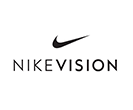
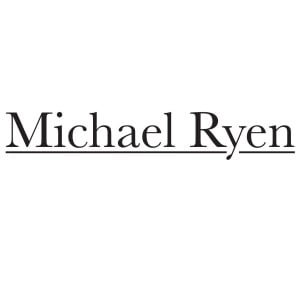


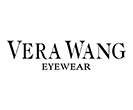






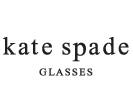




CONTACTS






